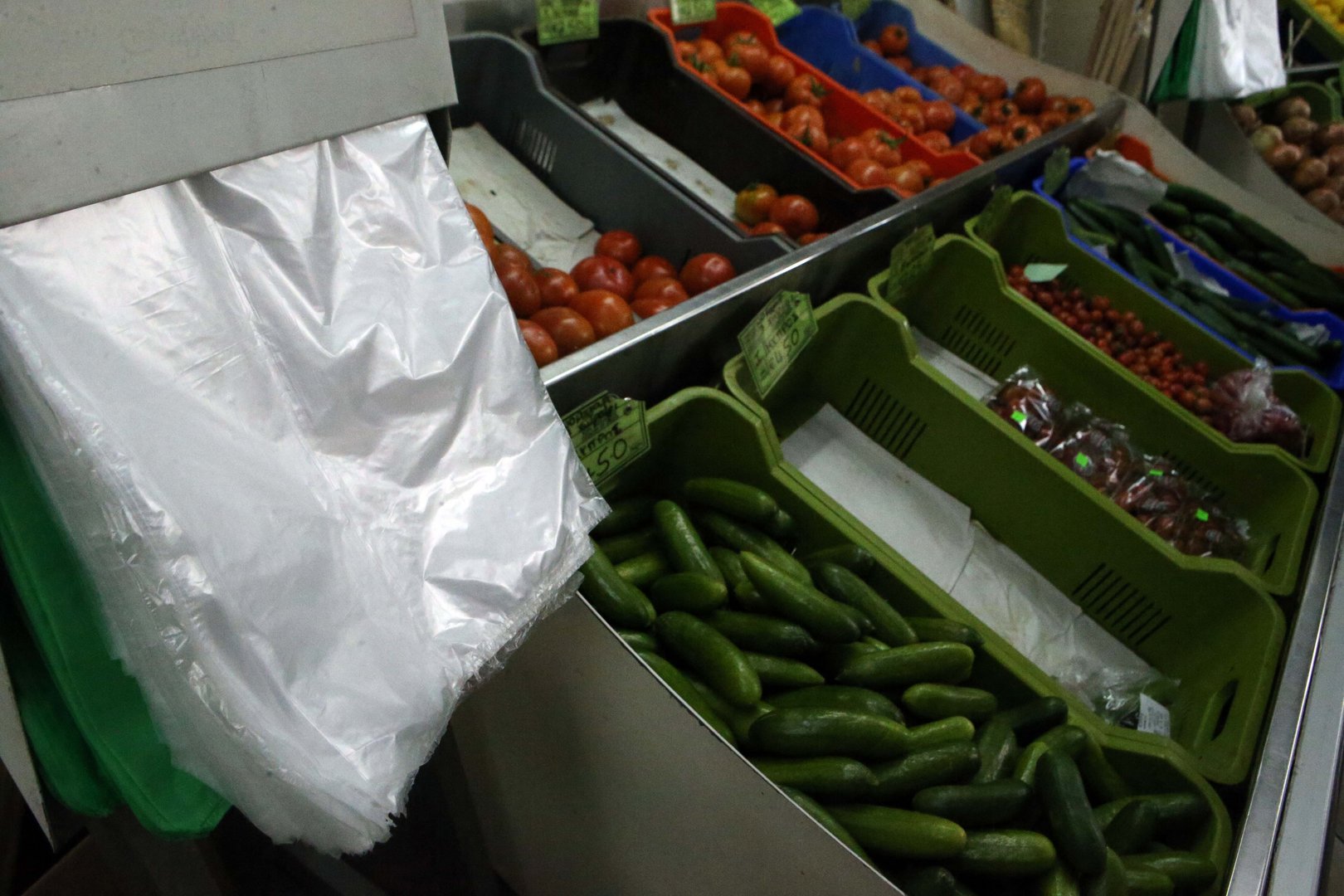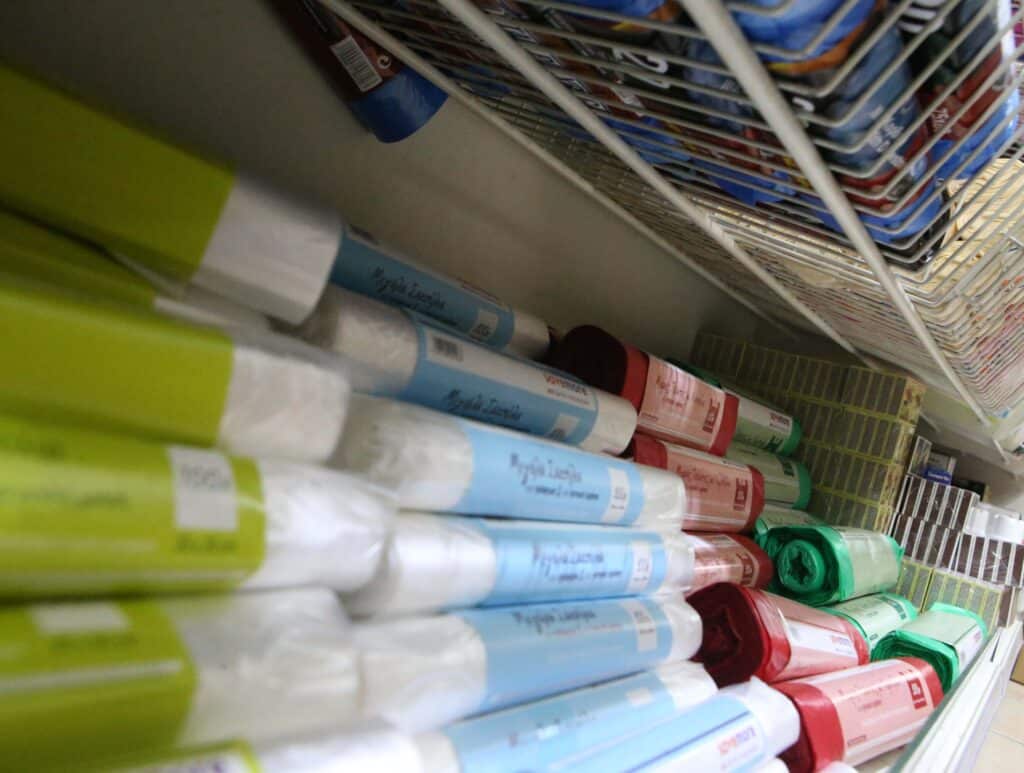As of Saturday, another law cracking down on the use of plastic came into effect at supermarkets and shops in Cyprus, but it is unlikely to have too much of an impact.
The ban is a follow up from a previous regulation that was introduced on October 1, when several single use plastic items, such as cutlery, plates and straws were banned on the island.
The latest regulation covers thin plastic bags. More specifically, it concerns bags less than 50μm (micrometres or microns) thick, including the ones labelled as biodegradable.
Aside from supermarkets, other businesses, such as pharmacies and kiosks will be affected by the ban, which will also affect restaurants and cafes delivering their orders to people’s homes.
Customers will still be able to use thicker plastic bags and also buy them at tills, at a higher cost than the 6 cents currently charged for bags sold at tills, with the idea that they will then be reused.
The thinner bags will still be sold on the shop shelves in rolls.
Some, however, see the attempt to reduce the use of plastic and its waste as clumsy.
“The sale of bags thicker than 50μm remains unregulated, because those are considered reusable,” Christodoulos Papadopoulos, chairman of Papadopoulos Plastics, told the Sunday Mail.
He explained that the ban concerns what an EU law defines as “thin bags”, namely bags that measure from 15μm to 50μm.
“However, there is no scientific explanation for the ban on thin bags,” Papadopoulos said. “Someone decided that bags over 50μm thick are not to be regulated.
“It is difficult to predict whether shoppers will then use thicker bags sold at tills more than once. Therefore, the decision to ban thin bags, which pollute less when disposed of, is illogical, there is no basis to it.”
The only exception to the ban concerns the packaging of fresh products, such as fruit, meat and fish in supermarkets, where foodstuff comes in direct contact with the bag. In those cases, cashiers will still be allowed to hand out or wrap the products in thin plastic bags.
Papadopoulos also added that there is a lot of misinformation concerning what bags are more sustainable than other.
“Let’s take as an example paper bags,” he said. “Everyone thinks that paper single use items are the most sustainable.
“That is incorrect. Several studies have shown that paper bags have a higher carbon footprint than recyclable plastic bags.
“Leaving paper aside, which can count on an easier recycling process than plastic, why ban thin recyclable plastic bags and leave thicker plastic bags unregulated? It’s simply illogical,” Papadopoulos said.
The regulation, aimed at bringing Cyprus up to speed with EU directives on reducing the impact of plastic products on the environment, was passed earlier this year. The goal is to reduce to 40 per year the number of plastic bags used by each citizen of EU member states.
“The general idea is to reduce the use of plastic everywhere,” the head of the Cyprus Green Party Charalambos Theopemptou told the Sunday Mail.
“It’s true that thicker plastic bags will still be sold at tills around Cyprus, but shops will be able to charge for them more than six cents, they will be more expensive.”
Theopemptou said that the potential higher price of thicker plastic bags will serve an incentive to people to reuse them and discourage them from buying new ones.
“We have a plan, which is linked to EU directives on sustainability, to reduce the number of plastic bags, thin or thick, each people will use per year.
“Obviously, since we are talking about average numbers calculated by studies, there will not be a law that regulates the number of plastic bags people will be able to buy and use,” Theopemptou said.
“However, by making plastic less available in general, first with single-use items and now with plastic bags, we are hoping to change the habits of consumers and shoppers in Cyprus.”








Click here to change your cookie preferences